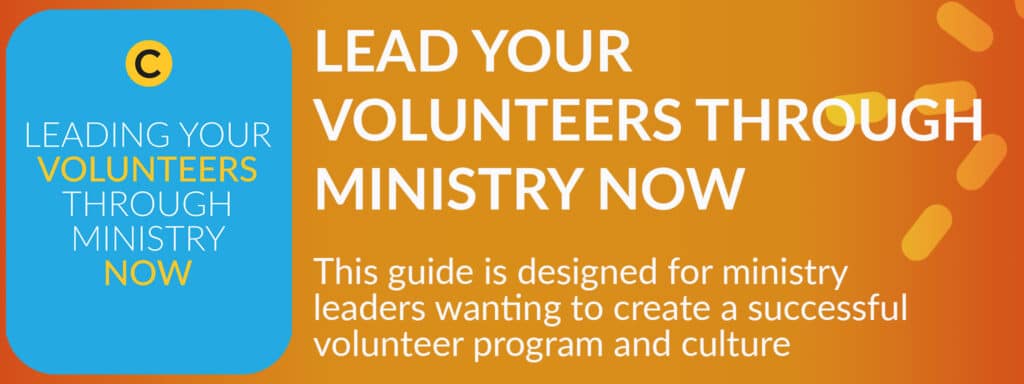Hello everyone, I’m Michelle Anthony. Welcome to Family Ministry Conversations! Today’s topic is about the Upper and Lower Story. Wow, this is an issue that really has to do with our families today.
I tell you as a mom and a wife, as a friend, as an employee, I get so immersed in the lower story narrative of my life easily. It’s tempting, and then we have the enemy on top of that provoking us.
Living in the Upper Story
Randy Frazee is the one who said that God wants us to live in the upper story, the one that He reigns in, the author and perfecter of our faith. When we know that God is writing a grand redemptive narrative, then we can be confident that there is a higher storyline than the day-to-day events that make up our lower storyline.
Now, when we are working with children and students and their parents what we often find—and what we find in our own lives—is that so many of our prayer requests and our lives and our struggles have to do with those lower story events. And those are real. We need to be sensitive and compassionate to those.
I look at Jesus throughout the gospels. He’ll walk into a situation, and time after time the authors will remind us that Jesus was moved with compassion and out of that compassion He acted.
But what He always did was He took the perspective while having compassion for that lower storyline, He took that perspective and lifted their eyes to see the Father, to see the kingdom of God before them, to see heaven on earth in their midst.
Jesus was moved with compassion and out of that compassion He acted.
And then He said for those of us who do, that we would be blessed. Then when we have eyes to see that upper story narrative, we will be blessed in the midst of the trials of our lower story narrative.
How to Do This in Family Ministry

Now, how do we do this in a family ministry setting? I think it’s good to first remember Jesus’ posture in all of this. Compassion.
It can be frustrating when we’re working with family members or students or that child who just gets under your skin every weekend to have compassion on their circumstances or the things that are causing them anxiety, but to remind them or to ask this question, “What do you think God is doing in the midst of this situation?” Putting it back on them to consider what might God be doing to form them.
Now, we have to do that with compassion because if we don’t then it can seem like we’re not empathetic or sympathetic to their situation but to ask the question, “What do you think God might be doing in the midst of the situation?” It takes their eyes from this and casts their eyes upward.
This is the call of Jesus on our lives, to turn our focus onto Jesus, to fix our eyes on Jesus, the author and perfecter of our faith. He is the author because He is writing it. He is the perfecter because He is completing it. And nothing will enter our lives or our children’s lives or those in our ministries without His watchful eye and care.
So where are you living today? Are you living in the lower story narrative or have you brought your eyes up to see what God might be doing in and amongst you?













